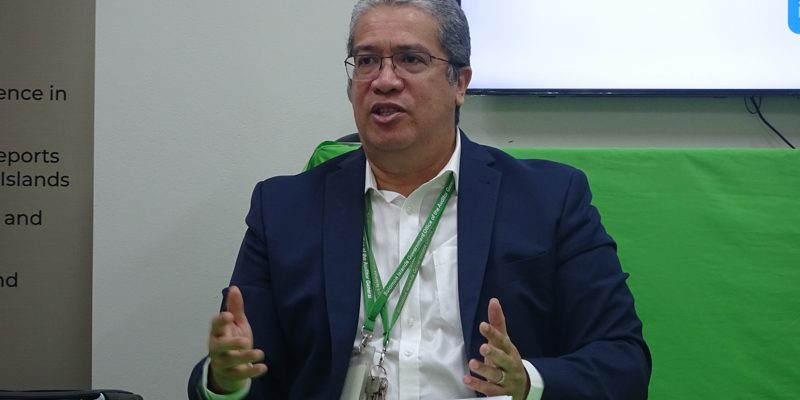SOME recipients of the government’s $309 million Economic Stimulus Package (ESP) failed to complete their projects due to limited funds received.
This was confirmed when officers of Office of Auditor General (OAG) visited their sites as part of auditing the ESP from March 2020 to December 2021.
According to the OAG audit report released last week, one applicant applied for $50,000 for a coconut dryer but only had $10,000 approved for the project.
“The applicant used the funding to brush his coconut plantation.
“The applicant was frustrated that he had only received $10,000 as he understood that he had been approved to receive $50,000,” the audit report says.
Furthermore, an applicant applied for funding for a coconut crushing mill but received $20,000 to renovate a leaf hut.
“The grant was ineffective as when we visited the leaf hut it was in a state of disrepair,” the report says.
Moreover, an applicant received $50,000 to build a tourist transit lounge.
“However, when we visited the location, the lounge was incomplete and not operational.
“Another applicant received $50,000 to complete [a] homestay accommodation. However, the building works had not been completed when we visited the location,” the report adds.
OAG said they also identified a grant for a milling machine that had been purchased.
“However, we were told the machine had never been operational, which in the OAG’s view, was a waste of ESP funding.”
A total of just over $25 million was given to timber, copra, cocoa and kava exporters to buy products and none of them were required to repay this money once they had sold that product.
Apart from that, a total of $60 million was paid as grants to the productive and resources sector directly, through the Ministry of Finance and Treasury payment system.
“Funds were provided directly to businesses requiring support. Some of these were done by procuring equipment for businesses which needed support and in other cases, paid directly to these businesses.
“A total of $60 million was spent on 1515 payments to 165 businesses,” the OAG report says.
“It is not clear from the available reporting whether payment was directly or in the form of equipment.
“However, there are a number of retail businesses which received multiple payments of smaller amounts which are presumed to be purchases for other beneficiaries and some businesses received one or two payments of a large amount. These latter ones appear to be grants,” the report adds.
The former Democratic Coalition for Government for Advancement (DCGA) led by Prime Minister Manasseh Sogavare developed the ESP to boost the economy to compensate for the economic downturn resulting from COVID-19 and the State of Public Emergency introduced to curtail the spread of the global pandemic.
The aim of the ESP was to enable businesses and households to continue to produce, trade, employ people, spend and boost aggregate demand in the economy.
By EDDIE OSIFELO
Solomon Star, Honiara









